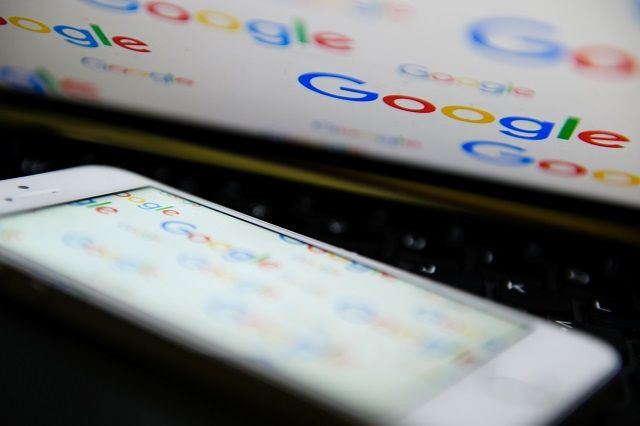Google Is Reportedly Stealing Personal Health Data From Users

Dr. Joseph Mercola continues his battle against what he claims is Google's arbitrary and illegal demotion of his health-oriented website in favor of competitors that are heavy users of Google ad services.
An osteopathic physician or doctor of osteopathy (DO), Dr. Mercola is the founder of Mercola.com, a 22-year-old website that's made a name for itself online as a provider of trusted medical information. He said his website's mission is to provide "the most up-to-date natural health information and resources that will most benefit you."
He also said his mission is to expose corporate, government and mass media hype "that diverts you away from what is truly best for your health and often to a path that leads straight into an early grave."
"Mercola.com is not, in other words, a tool to get me a bigger house and car, or to run for Senate," he explained on his website. "I fund this site and, therefore, am not handcuffed to any advertisers, silent partners or corporate parents."
He said his problems with Google began on June 3, 2019 when the search giant implemented a broad “core update” that eliminated most Mercola.com pages from its search results in one fell swoop.
"Virtually overnight, Google traffic to my site dropped by approximately 99.9%." said Dr. Mercola.
He claims Mercola.com was the most visited natural health website for the past 16 years. According to him, his medical website was listed as one of the biggest losers in Google’s June algorithm update. Dr. Mercola pointed out Google’s “quality raters” manually lower the ranking of what they arbitrarily decide is undesirable content and even bury expert views if they believe they’re “harmful” to the public.
Dr. Mercola alleged Google is compiling health data from millions of Americans in 21 states through its Project Nightingale. He said consumers haven't been informed of this data mining
Project Nightingale was launched in secret in 2018 without the knowledge and consent of patients and doctors. It's been described as Google's attempt to gain a foot hold into the healthcare industry on a massive scale.
Project Nightingale is a data sharing project financed by Google and Ascension, the largest Catholic healthcare system in the U.S., which consists of 2,600 hospitals, doctors’ offices and other related facilities, in 21 states. The project allowed Google to access tens of millions of patient records for processing and commercial exploitation.
Dr. Mercola said the partnership gives Google access to medical data is covered by a “business associate agreement.” HIPAA allows hospitals and medical providers to share patient information with third parties that support clinical activities. Google’s interpretation of the privacy laws says it’s not in breach of these laws because it’s a “business associate.”
Ascension's data sharing with Google covers complete electronic health records, and includes patients' names, dates of birth, doctor diagnoses, lab results and hospitalization records. Also included in the data sharing are patients' addresses, family members, allergies, immunizations, radiology scans, medications and medical conditions.
In November 2019, the U.S. Department of Health and Human Services (HHS) launched an inquiry into Google's partnership with Ascension. The investigation is being conducted by HHS' Office of Civil Rights headed by Director Roger Severino. The office "would like to learn more information about this mass collection of individuals' medical records with respect to the implications for patient privacy under HIPAA (the Health Insurance Portability and Accountability Act of 1996)," said Severino.
Dr. Mercola has expanded his freedom of information campaign to attack the illegal data mining and censorship practices of Facebook, Amazon and Microsoft. These three mammoth tech firms collect data entered into health and diagnostic sites.
Like Google, they share this data with hundreds of third parties. This data is personalized, a fact that allows advertisers of these tech firms to target each individual user with more personal ads that appeal to his needs and desires. All this without the knowledge and consent of a single user.
Published by Medicaldaily.com



























